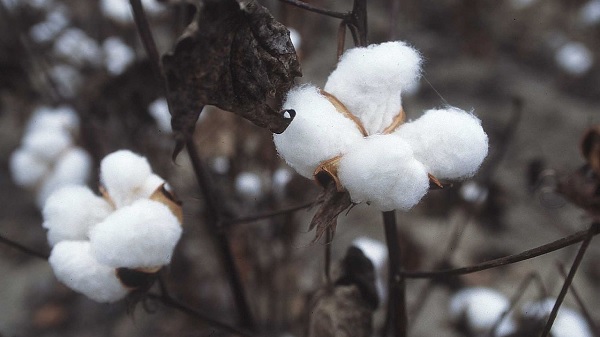
(Apparel Resources News-Desk)–Ethiopia’s decision to produce genetically modified cotton has enhanced its rivalry with countries like Kenya.
The Government of Ethiopia hopes that the commencement of the production of genetically modified cotton (GM cotton) will help the country save the expenses incurred from importing raw materials.
Kenya and Madagascar – close competitors of Ethiopia – are heavily relying on textile production for enhancing their economic growth.
In June 2018, Ethiopia had approved the cultivation of two BT cotton hybrid varieties namely JKCH 1047 and JKCH 1050.
To combat the crisis of increasing labor wages and taxes in China, several fashion brands across the world have been eyeing Ethiopia for a long time mainly because of the tax benefits and subsidies offered by the nation.
The Government of Ethiopia believes that the production of GM cotton will now further help the country in resolving its scarcity of raw materials.
ALSO READ: China textile manufacturer Wuxi No. 1 Cotton Mill to build 220 mln USD textile plant in Dire Dawa
It is projected that 2.6 million hectares of land in Ethiopia is considered fit for the cultivation of cotton though only 130,000 hectares is put under the crop.
According to Kenya Agricultural and Livestock Research Organization, Kenya needs to focus a lot on textile production to be competitive with Ethiopia and should also focus on adopting BT Cotton. Presently, the country imports bulk of fabrics from countries like India, Pakistan, and China among others.
In January 2018, it was reported that, after years of controversy (related to land grabbing), the first ever organic cotton certificates in Ethiopia were given out to 200 cotton farmers in three districts of the Awash River basin of the country’s Rift Valley region where yield rates have risen by 100 per cent and price per kg of cotton has risen by 77 per cent in some instances.
Source: Apparel Resources News
